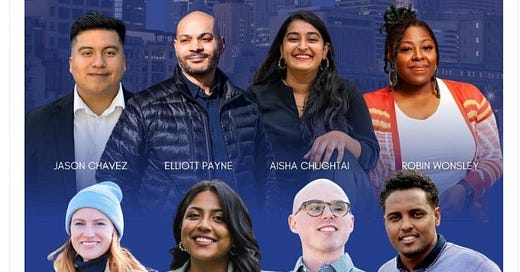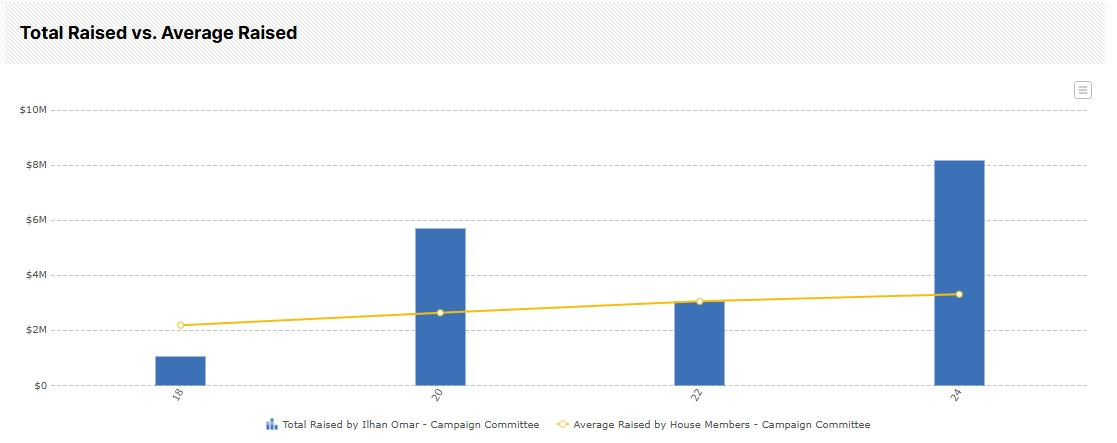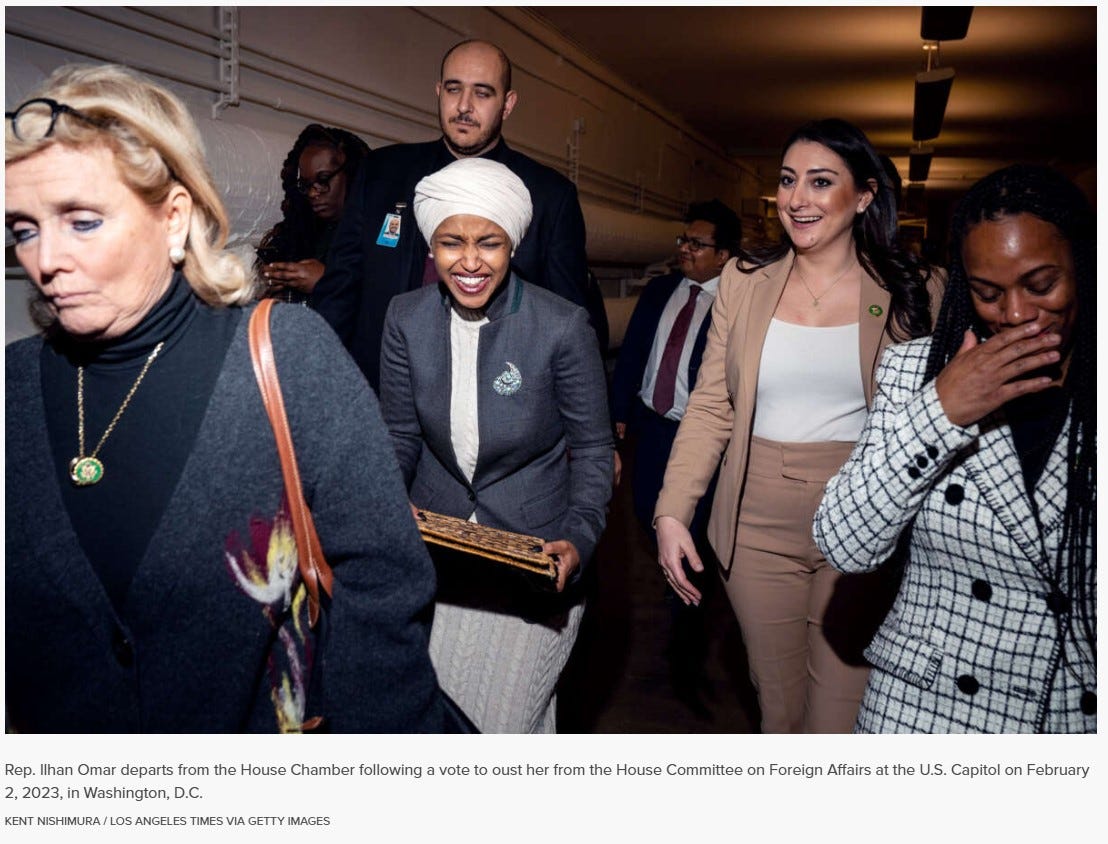The Team Ilhan Endorsement Machine
Ineffective and Controversial—Why Do So Many Candidates Seek Ilhan's Endorsement?
Rep. Ilhan Omar, representing Minnesota’s 5th Congressional District, has injected herself into this year’s Minneapolis city council elections, endorsing eight candidates. All but one, Soren Stevenson (Ward 8), are incumbents. Robin Wonsley is not a DFL member; she identifies as a Democratic Socialist, a distinction highlighted on her campaign website.
An Ineffective and Divisive Record
On paper, Omar is one of Congress’s least effective members. According to GovTrack, none of the bills she introduced made it out of committee, and only 7% attracted bipartisan cosponsors. She ranks as the most politically left member of Minnesota’s congressional delegation.
Despite this record, the candidates she endorsed are eager to promote her backing. It signals where they stand. Minneapolis voters deserve to understand that an endorsement from Omar represents an alignment with ineffective governance and a controversial political ideology.
Her support base is also telling. In the 2023–2024 cycle, 93% of her donations came from outside Minnesota. Her donors are not primarily Minnesota residents—they are in New York, California, and Florida. The total raised by Rep. Ilhan Omar far exceeded the average congress person.
In her last race against Don Samuels, Omar raised over $8.2 million, with half coming from large individual donors. Despite branding herself as a champion of grassroots support, her major donors include executives and employees from Nvidia, HCA Healthcare, and Amazon. Samuels, by comparison, raised $1.6 million, facing a 5-to-1 spending gap. Big money flooded the zone, a strategy that feeds political cynicism and tilts elections before voters cast their ballots.
The Endorsements Are for Show—Not Substance
Too often, endorsements substitute for critical evaluation. Whether from the DFL, the DSA, SEIU, or celebrity politicians, endorsements reflect political alliances, not the best interests of Minneapolis residents.
We encourage voters to meet the candidates, ask questions, and evaluate them individually. Where do they stand on expanding bike lanes? How will they address public safety? Do they have realistic plans to hold taxes in check? What is their view on the proposed Labor Standards Board?
Local races can be decided by slim margins—Katie Cashman won her seat by just 177 votes. Your individual vote matters, especially in the general election.
The Bigger Risk: Losing the State
Minnesota risks following the path of Florida, a state that shifted from battleground to Republican stronghold in part because of political radicalization. This year alone, three high-profile Florida Democrats—including the State Senate’s former highest-ranking member—left the party. Or rather, they felt the party left them.
Candidates who align themselves with the Democratic Socialists of America and Rep. Ilhan Omar’s brand of politics may succeed in winning city council seats, but they risk alienating broader Minnesota voters. The consequences could be lasting. While politicians like Omar can fill a gym and energize a crowd of party faithful, the political energy they generate has not translated into meaningful legislative power. Their continued reliance on the same rhetoric and policies has damaged the Democratic Party’s broader reputation.
Moving Minneapolis Forward
Some may view this newsletter as a partisan attack on Rep. Omar, but that would be a mistake. We have long supported Democratic candidates and remain committed to strengthening the party. In Minneapolis, that means electing leaders who prioritize effective governance over controversy and division.
If you want change, it requires more than frustration around the campfire. It requires volunteering, donating, and engaging thoughtfully with the issues—not relying on endorsements.







The Mpls City Council needs a few boomers with experience and common sense
Unfortunately much of the Democratic party has become too polarized and they preach no compromise. The philosophy is so strong that many do not listen or research, they are right, we are wrong, end of discussion. How does one convince someone that a candidate does not have our best interests in mind if they refuse to hear what we are saying.